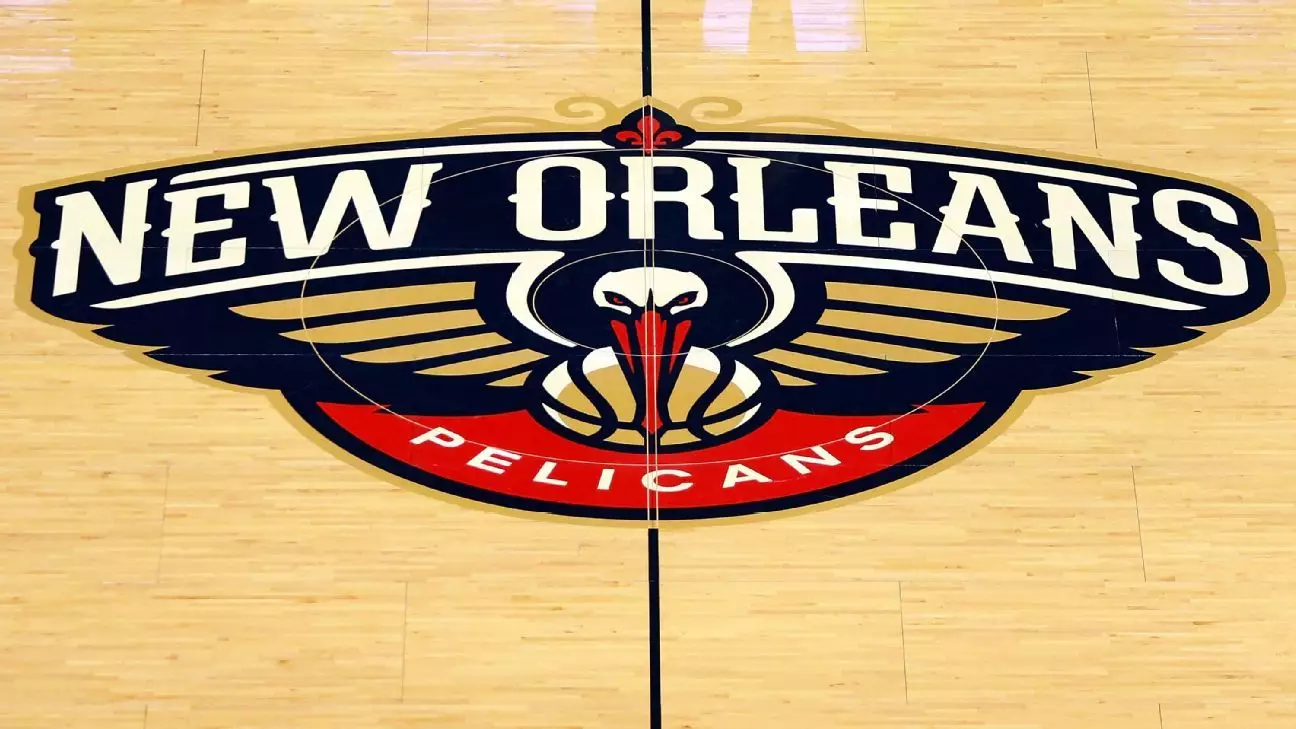As a new year dawned in New Orleans, the city was met with a stark and horrific reality that would forever alter its landscape. On a day meant for celebration, a tragic attack disrupted the joy of thousands and left scars in both the community and beyond. Willie Green, head coach of the New Orleans Pelicans, first learned about the incident through a heartfelt text from his father—a simple greeting for the new year followed by prayers for the city. This painful juxtaposition encapsulates the turmoil facing New Orleans and highlights the sensitive nexus between sport and community.
In a tragic incident, an Army veteran drove a pickup truck—adorned with the flag of an extremist group—into a crowded area, mercilessly claiming fifteen lives and injuring dozens more. Green’s emotional reaction underscores the broader effects of violence on individuals and communities alike. “I’m devastated,” he said, reflecting a sentiment that reverberates across the country in similar circumstances. The nature of this attack—a senseless act perpetrated against innocent revelers—raises troubling questions about safety in public spaces.
It is a grim reminder of how a moment meant for joy can swiftly transform into one of pain and chaos. Green’s concerns resonate on a larger scale, encapsulating the anxiety that grips many in the current climate of uncertainty. As he noted, “We’ve discussed it a bit with our players. But we’re just living in times and in a world where you just don’t know where you’re safe.” This reality is one that many are grappling with as they attempt to reclaim spaces once thought of as safe.
The repercussions of such attacks extend beyond immediate victims, impacting entire communities and even professional sports teams with deep connections to those affected. With the Pelicans facing a game just hours away in Miami against the Heat, players found it difficult to compartmentalize the horror back home. The tragedy was so significant that it even delayed a high-profile college football game, the Sugar Bowl, originally scheduled for the same night.
Miami Heat head coach Erik Spoelstra expressed his dismay upon hearing the news, stating that when the story appeared on screens within the team facility, “it brought everyone to an absolute halt.” Such sentiments reveal the interconnectedness of sports and the communities they inhabit; what happens off the court can weigh heavily on the minds of athletes and coaches. Holding a moment of silence before games in honor of those lost became a poignant tribute, marking a somber acknowledgment of the lives impacted by such tragedies.
Sport often acts as a unifying factor in society, and during times of crisis, the role of athletic events can evolve from mere recreational endeavors to avenues for healing and solidarity. The Pelicans, in the wake of this recent horror, faced the challenge of how to compete on the court while maintaining an awareness of their community’s grief. Their upcoming game served not only as an athletic contest but as a testament to resilience.
Joel Meyers, a commentator for the Pelicans, poignantly reflected on the significance of Bourbon Street as a symbol of celebration and togetherness. “If you think about what Bourbon Street represents, it’s a place of joy,” he remarked. In moments like these, the healing power of community becomes evident, as cities rally for one another amidst adversity. The shared experience of suffering can forge a deeper bond, binding sports teams to their municipal roots.
As New Orleans grapples with the painful aftermath of this incident, the conversations initiated by leaders in both the sports community and the local population provide a foundation for rebuilding. Green’s reflections on community, resilience, and the fight against senseless violence may serve as a catalyst for further dialogue on safety and healing.
The Pelicans aim to use their platform not only to entertain but to foster hope and solidarity within their community. In the face of darkness, cities can emerge stronger—grounded by shared experiences, defined by their capacity to celebrate life amidst the pain. Through compassion, unity, and remembrance, New Orleans will navigate its path towards healing, setting an example for others who face similar challenges.

